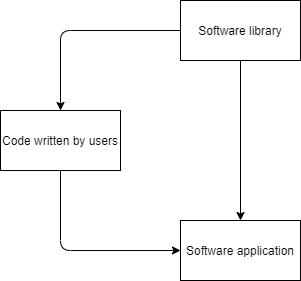I have written a software application and an accompanying software library. When users use this application, they will write code externally to it which also makes use of the software library. The application will then use the code that they have written.
I have chosen to licence the library under the GNU GPL 3.0 licence. Please correct me if I am wrong, but my understanding is that the GPL 3.0 requires all derivative software to also be licenced under the GPL 3.0. This was a large reason for why I chose it. By releasing the library under GPL 3.0, so must all of the code written by users which makes use of it. This also means that my software application itself must be licenced under the GPL 3.0.
Am I able to break the rules of the GPL 3.0 and close-source/copyright the application while still having the library be GPL 3.0? If I do break the licence, can the licence remain enforceable for the software written by others?
